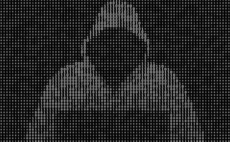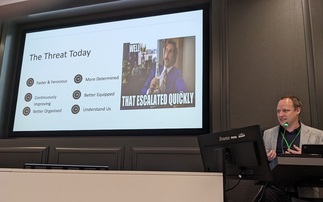Thousands of files running on the Trust's Windows XP PCs affected. Yes, Windows XP
The NHS has, once again, fallen victim to a suspected ransomware attack, with the largest NHS Trust in the UK admitting the attack today. In a notice on its website, Barts Health NHS Trust warn...
To continue reading this article...
Join Computing
- Unlimited access to real-time news, analysis and opinion from the technology industry
- Receive important and breaking news in our daily newsletter
- Be the first to hear about our events and awards programmes
- Join live member only interviews with IT leaders at the ‘IT Lounge’; your chance to ask your burning tech questions and have them answered
- Access to the Computing Delta hub providing market intelligence and research
- Receive our members-only newsletter with exclusive opinion pieces from senior IT Leaders






















